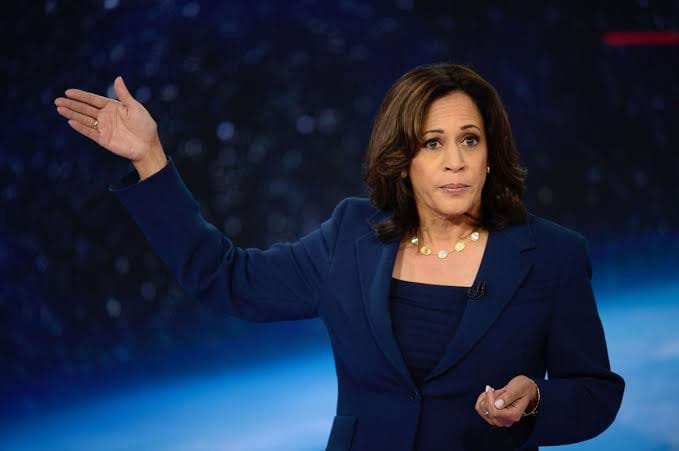New York prosecutors consider criminal charges against big oil for climate crisis role
New York state prosecutors are contemplating criminal charges against major oil companies, holding them accountable for their alleged role in exacerbating climate disasters, including recent hurricanes.

New York state prosecutors are contemplating criminal charges against major oil companies, holding them accountable for their alleged role in exacerbating climate disasters, including recent hurricanes. .
This unprecedented prosecution memorandum, released by consumer advocacy group Public Citizen and endorsed by a coalition of state officials, underscores the growing urgency to confront the fossil fuel industry.

The 50-page document, unveiled amidst ongoing recovery efforts from hurricanes Helene and Milton in the Southeast, details the devastating impacts of climate change on New York, notably Hurricane Ida in 2021 and Hurricane Sandy in 2012. The authors argue that these disasters have been significantly intensified by the climate crisis, primarily driven by fossil fuel combustion.
“This conduct was not just amoral,” the memo asserts. “It was criminal.”
Elected officials backing this initiative include Brad Hoylman-Sigal, chair of the New York Senate Judiciary Committee; Brooklyn Borough President Antonio Reynoso; State Senators Kristen Gonzalez and others. Gonzalez emphasized the need for accountability: “It is clear that the actions of big oil, major fossil fuel companies and their executives have endangered generations of Americans. Big oil must be held accountable for their actions, and justice must be won for those who’ve suffered the devastating impacts of climate-related disasters.”
The memorandum draws upon New York case law that supports the notion of reckless endangerment against the oil industry. The document claims that a small cadre of oil and gas executives has produced a substantial share of global emissions while misleading the public about the risks associated with their products. Historical internal communications from these companies reveal a long-standing awareness of the catastrophic consequences of their emissions.
For instance, physicist Edward Teller warned oil industry leaders in 1959 that a 10% rise in carbon dioxide could lead to catastrophic ice cap melting and the submergence of New York. “It has been calculated that a temperature rise corresponding to a 10% increase in carbon dioxide will be sufficient to melt the ice caps and submerge New York,” he cautioned during an American Petroleum Institute symposium.
Moreover, an internal report from Exxon in 1982 predicted that fossil fuel emissions could lead to significant flooding along the U.S. East Coast. Such actions amount to reckless endangerment, according to Aaron Regunberg, senior policy counsel for Public Citizen’s climate program. “Reckless endangerment occurs when someone engages in reckless conduct that risks injuring or killing another person,” he stated. “That’s exactly what these companies and their CEOs have done.”
Despite past denials from the American Petroleum Institute, which contends that the industry has successfully provided affordable energy while reducing emissions, the legal push has garnered significant attention. Forty cities and states have filed civil lawsuits against oil majors in recent years, and Public Citizen has proposed criminal charges, including homicide, against these companies.
Durwood Zaelke, president of the Institute for Governance & Sustainable Development, highlighted the moral and legal implications of the oil companies’ actions: “Big oil’s behavior is immoral, and it’s high time to recognize it’s also illegal.”
The New York memorandum could pave the way for a more straightforward legal case than similar efforts in other states, like Arizona, where prosecutors proposed charges of reckless manslaughter. The New York approach focuses on reckless endangerment, which could potentially simplify the burden of proof for prosecutors.
This proposal also opens the door for individual oil executives to face criminal charges. Rachel Rivera, a member of New York Communities for Change, whose home was devastated by Hurricane Sandy, voiced her support: “If I committed a crime like that against a corporation, you can bet I’d get prosecuted. So why shouldn’t they be held accountable? Isn’t that why we have a criminal justice system?”
As New York officials prepare to take a stand against the fossil fuel industry, the implications of this initiative could resonate far beyond the state, setting a precedent in the fight for climate justice.














